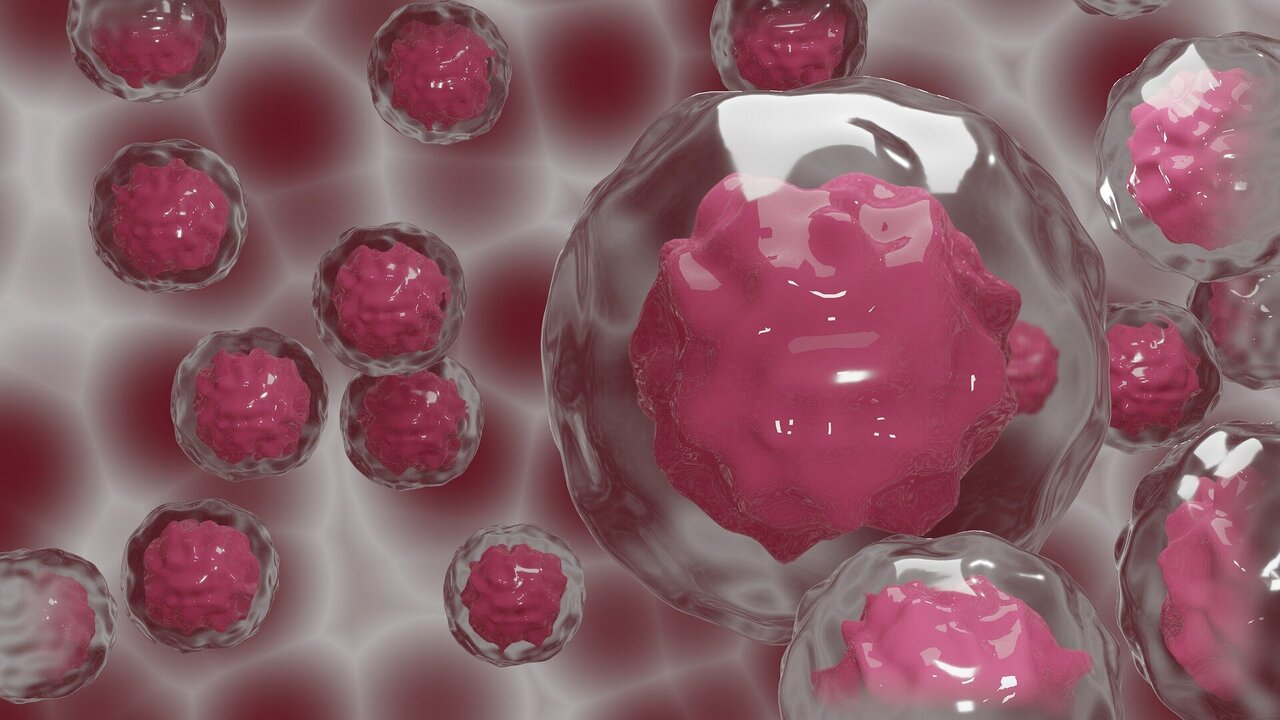Demystifying the Big C – Facts About Cancer You Were Too Afraid to Know
When talking about cancer, it is important to remember that the word can refer to a great many diseases that are characterized by abnormal cells developing and spreading uncontrollably throughout the body. While cancer remains the second-leading cause of death around the world, superseded only by cardiovascular disease, survival rates for many types of cancer are improving thanks to breakthroughs in screening and treatment.
Here are some interesting facts about this group of diseases that you might not have been aware of:
Where does the name ‘Cancer’ come from?
Surprisingly enough, the name ‘cancer’ comes from the Latin word for ‘crab’, just like the zodiac sign. Early doctors coined this term when describing tumors with veins or protrusions from the main body. Another surprising fact is that the first recorded cases of cancer date back to the ancient Egyptians in 1600 BC.
There are more than 200 types and subtypes of Cancer
As we mentioned before, cancer is not a single disease. In fact, researchers have discovered in the last decade that there are over 200 types and subtypes of cancer. This discovery has caused a shift away from the ‘one-size-fits-all’ treatment approach and towards a more individualized treatment plan.
If the number of cancers out there is sending you into a panic, just remember that there are more than 28 million cancer survivors worldwide, and the constant breakthroughs in treatment research will cause this number to rise even further. Speaking of breakthroughs…
Naked mole rats are immune to Cancer
This may seem like an incidental piece of information, but the recent discovery that the bodies of these subterranean African mammals secrete large quantities of hyaluronan, a substance that stops cancers from growing, has led to the belief that a cure can be found.
Only 5-10% of Cancers are completely Hereditary
It is a long-held belief that if you have a family history of cancer, you will invariably develop the disease yourself. While genetics does play a small part in some cancers, most develop through a combination of obesity, excessive smoking and alcohol consumption, a sedentary lifestyle and not practicing sun safety. On the subject of not using enough sunscreen, did you know that there are more skin cancer cases due to indoor tanning than there are lung cancer cases due to smoking? A recent study uncovered more than 400,000 new skin cancer cases a year due to indoor tanning in the US alone.
Cancer does NOT thrive on sugar
A common misconception is that eating sugar will cause cancer or make existing cancers grow and spread quicker. All cells, both healthy and cancerous, require sugar to grow and function. So, by cutting out sugar completely, you are also starving your healthy cells of energy to function and potentially defeating the cancerous cells. The key is to strike a healthy balance since high-sugar intake is linked to other diseases such as diabetes and obesity, which can lead to a whole host of other health problems.
Cancer is NOT Contagious
If I had to guess where this belief stems from, it would probably be that certain contagious bacteria and viruses are known to cause certain cancers. For instance, human papillomavirus (HPV) is known to cause cervical, anal, and some kinds of head and neck cancers. Hepatitis B and C are also viruses that can cause liver cancer, while the H.pylori bacteria can cause stomach cancer. It is important to remember that while the virus and bacteria that can cause cancers are contagious, the cancers themselves cannot be spread from person to person.
So, there you have it, a few facts about cancer that has hopefully demystified this family of diseases. Being told you have cancer is a scary situation, but hopefully with this information and speaking to your oncologist, you will have the power to make informed decisions about your treatment and go on to live a happy and healthy life. If you have more information or interesting facts you would like to share, feel free to leave a comment below.




